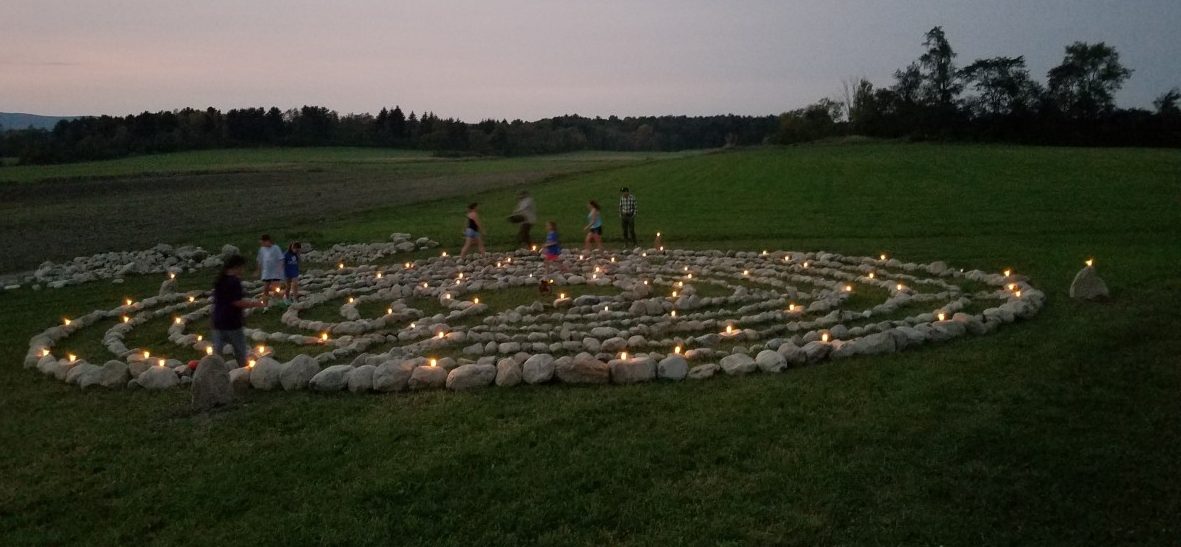May 31, 2020. We at the Scott Center speak in favor of our full humanity. Always. But especially in moments like this. When prejudice or bias denies anyone of their right to fully participate in society and be included in every aspect of their being without fear or shame or shrinking, this is morally wrong and we stand against it. When this happens, we all suffer. When people are physically harmed or murdered because of their identities, we call this evil. We say no. In the name of our common humanity, we say, no more.
People are murdered every day around the globe for their beliefs or non-beliefs, for their identities: geographic, ability, age, class, gender, sexual orientation, religious, racial and others. Trauma and injustice are so much a part of our lives lately that it seems there is always something to say about it.
Right now in America, however, the reality of racial injustice especially is on full display. The long-abiding disparities are evident everywhere, from the assurance of employment and access to healthcare during a global pandemic, to treatment by those charged to protect and defend, to the enactment of real change by elected officials. And yes, now, even the disparity of access to justice, simple justice, is in full view. This is a moment when the particular disparities of racial injustice and the plight of being black is right in front of us in plain daylight, even while for many it never went, or goes, away. Trauma and injustice of all kinds are everywhere, but right now racial inequality (again) is looming large in the current upheaval.
Right now in America, we all are witnesses to the horrific murder of George Floyd, one tragic event in an irrefutable pattern of systemic abuse of power enacted along racial lines that has gone unchecked and unaccountable in this country for a long time. We can name Ahmaud Arbery, Breonna Taylor, and Tony McDade among others only recently. This is wrong and it must stop, and we must do more than only say it. Speaking up and speaking out in general terms, therefore, is not enough. We must be specific, and so in recognition of this moment, again as a staff:
We acknowledge our complicity when we are silent and should speak. We commit to saying more.
We acknowledge our advocacy for some while ignoring the plight of others. We commit to wider attention and focused action.
We acknowledge our ignorance of the history and current circumstances of black lives. We commit to education and learning.
We acknowledge our distance from those who are in deep pain right now, especially our black siblings. We commit to listening deeply enough to be changed by what we hear. We commit to observing requested boundaries, even while showing relentless affirmation, solidarity and co-celebration.
May this be a moment of acknowledgment. May it be a time for deep reflection and commitment. May we all together be part of change for the better.
Signed,
The Scott Center for Spiritual and Religious Life at Middlebury College:
Saifa T. Hussain, associate chaplain
Ellen B. McKay, program coordinator
Mark R. Orten, dean, director and chaplain
Danielle A. Stillman, associate chaplain
